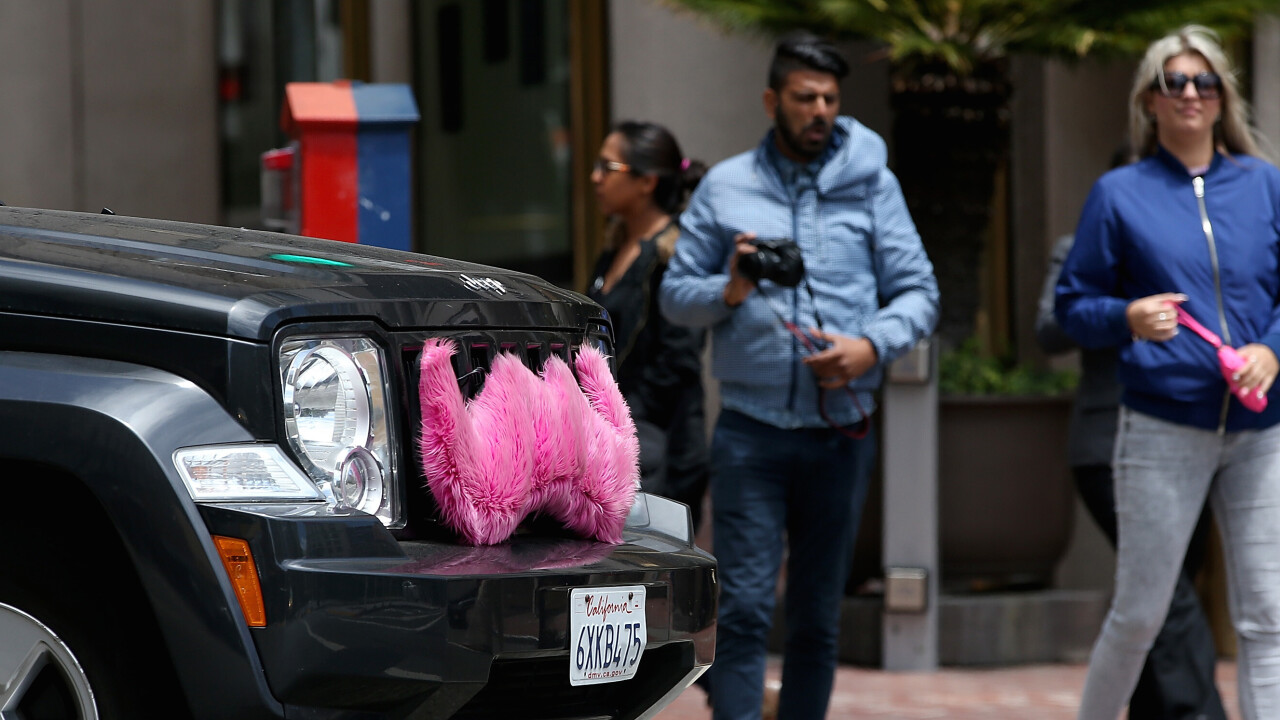
Lyft has announced that it will puts its planned New York launch on hold in order to work on a fully-licensed version of its service that will earn the approval of the city’s Taxi and Limousine Commission.
After Lyft announced the expansion into New York earlier this week, Attorney General Eric Schneiderman attempted to block the startup by filing for a temporary restraining order.
The company issued the following statement:
There was no TRO or injunction granted today. Instead, the judge adjourned to Monday and we agreed to hold our launch and maintain status quo. We are obtaining the court transcript, and we will obtain statements by those in court to show this is a deliberate misstatement by the AG and DFS. There would be no need for a hearing on Monday if a TRO or injunction was granted. As further proof that court was adjourned, the AG’s insurance claims were never presented and Lyft had no opportunity to respond.
We agreed in New York State Supreme Court to put off the launch of Lyft’s peer-to-peer model in New York City and we will not proceed with this model unless it complies with New York City Taxi and Limousine regulations. We will meet with the TLC beginning Monday to work on a new version of Lyft that is fully-licensed by the TLC, and we will launch immediately upon the TLC’s approval. This is a positive step forward and a good demonstration of compromise in balancing innovation with government regulation, and we appreciate the continued efforts of New York City government to find common ground for the betterment of New York.
We will celebrate our upcoming launch at an event tonight as scheduled with members of New York’s Lyft community.
Lyft originally seemed intent on moving forward with its launch in spite of the city’s opposition. The company maintains that dispatch licensing doesn’t apply to it because it is ridesharing. In fact, Lyft specifies in its terms of service that it does not provide transportation services and is not a transportation carrier. Of course, just saying that you aren’t a car service doesn’t necessarily make it true in the eyes of the law.
The TLC previously warned that Lyft drivers could have their vehicles confiscated and face fines of up to $2,000.
Rival Uber has undergone its own legal tussles in New York. Due to regulations, the company has yet to roll out a true ridesharing service in New York, operating its UberX service as a cheaper commercial version of its Uber Black flagship product.
Update, 7/14: Here’s a new statement from Lyft after court proceedings on Monday:
We recognize and respect that Judge Freed wishes for all parties to work together on a path forward in a timely fashion. Based on today’s progress, we expect to be operating shortly in New York City and will continue working with the TLC, Attorney General and Department of Financial Services to come to a resolution that supports safe and innovative transportation options for New Yorkers. Today’s court proceedings reinforced the strength of Lyft’s position around its insurance coverage and operations.
Lyft has completed more than 10 million rides across more than 65 cities, including Buffalo and Rochester. We have agreed to begin operation in New York City with TLC licensed drivers as a first step forward, while vigorously pushing for a peer-to-peer model through the proper channels. We expect and hope that all parties will collaborate together with the goal of creating a framework for this model which Lyft operates in more than 65 cities to come to New York City. This model provides flexibility and economic opportunity to hardworking New Yorkers that include teachers, students, single parents and city workers using Lyft to make ends meet.
Image credit: Justin Sullivan / Getty Images
Get the TNW newsletter
Get the most important tech news in your inbox each week.





